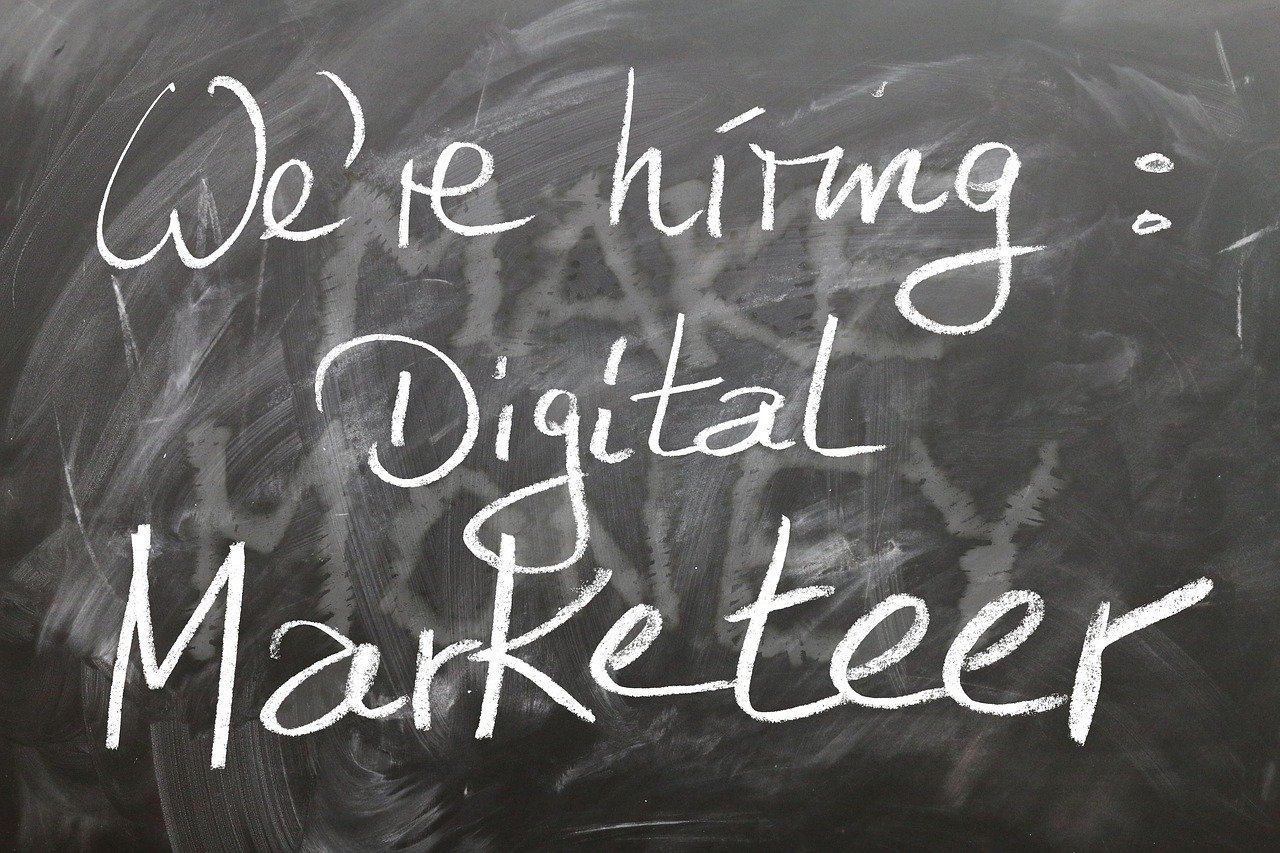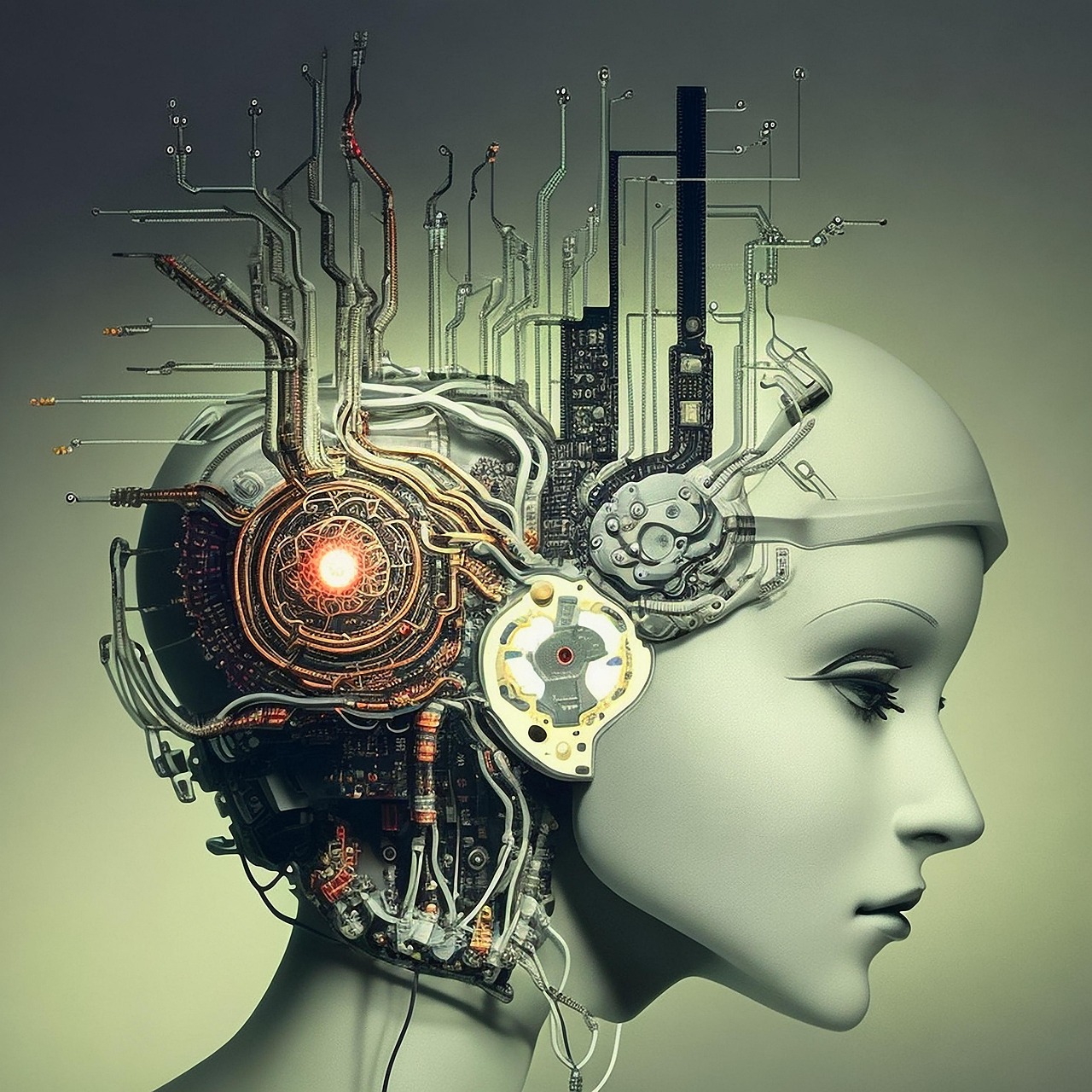None

Brief news summary
NoneAccording to a survey conducted by Microsoft, about 65% of Gen Z employees feel that they lack the necessary skills to meet the demands of the AI era. The introduction of generative AI has ushered in a new era of productivity. Interestingly, there is a growing skills gap among digital natives, who we would expect to be at the forefront of this technological shift. Unlike previous technological tools, AI represents a different way of working. To fully realize the productivity gains promised by AI, it is crucial to shift our mindset and view AI as our newest direct report rather than just a search engine. While seasoned leaders may find this shift more intuitive due to their extensive management experience, it poses a significant challenge for early-career employees who are still developing their management skills. This narrative is echoed by Microsoft customers and our own employees, with 65% of Gen Z employees stating that they currently lack the necessary skills for the AI era, in contrast to the 50% response received from baby boomers. I have been using generative AI tools in my work for several months now, and I cannot imagine working without it anymore. From my experience, AI effortlessly handles routine requests. Ask a simple question, and you'll receive a simple answer. However, if we limit AI to mundane tasks, we are missing out on its true potential. AI truly shines in more complex and nuanced tasks, such as prioritizing tasks, analyzing missed meetings, making recommendations, or brainstorming creative ideas. In these scenarios, AI saves valuable time and mental energy, allowing us to focus on the uniquely human aspects of our work. Just like we delegate work to employees, we will soon delegate work to AI. Effective delegation to AI, similar to working with people, requires clear communication. Four ingredients are key to achieving results that seem almost magical.
While inquiries like "What's in my inbox now?" might provide useful results, more specific requests generate actionable outcomes that significantly improve efficiency. However, it is important not to take the AI responses at face value. Like working with a direct report, you should review, question, and provide feedback to obtain the most relevant and tailored response. Collaborating with AI is a deeply interactive process, where humans remain fully in control and responsible for decision-making. Traditionally, skills such as breaking down complex projects, assigning and evaluating work, and driving decisions have been associated with those directly leading or managing people. However, we need to challenge this assumption. To prepare your organization for AI, you must empower every employee with managerial experience and skills necessary to thrive in this new era. While prompt engineering is a good starting point, working with AI requires a deeper skill set. Employees at all levels need to learn critical thinking, complex problem-solving, effective questioning, and understanding the dynamics both within and beyond the organization. Although some of these skills can be acquired through training, there is no substitute for practical experience. Providing opportunities for employees at all levels to lead, formally or informally, will be crucial. In my own team, we prioritize stretch assignments that involve leading cross-functional projects or teams, mentorship opportunities, and consistent feedback and coaching. The potential of AI has never been more real, but becoming an AI-powered organization requires a deliberate approach, with employee development at its core. Organizations that prioritize investing in their people will be the ones to reap the benefits of AI. *(The rest of the text remains the same)*
Watch video about
None
Try our premium solution and start getting clients — at no cost to you















